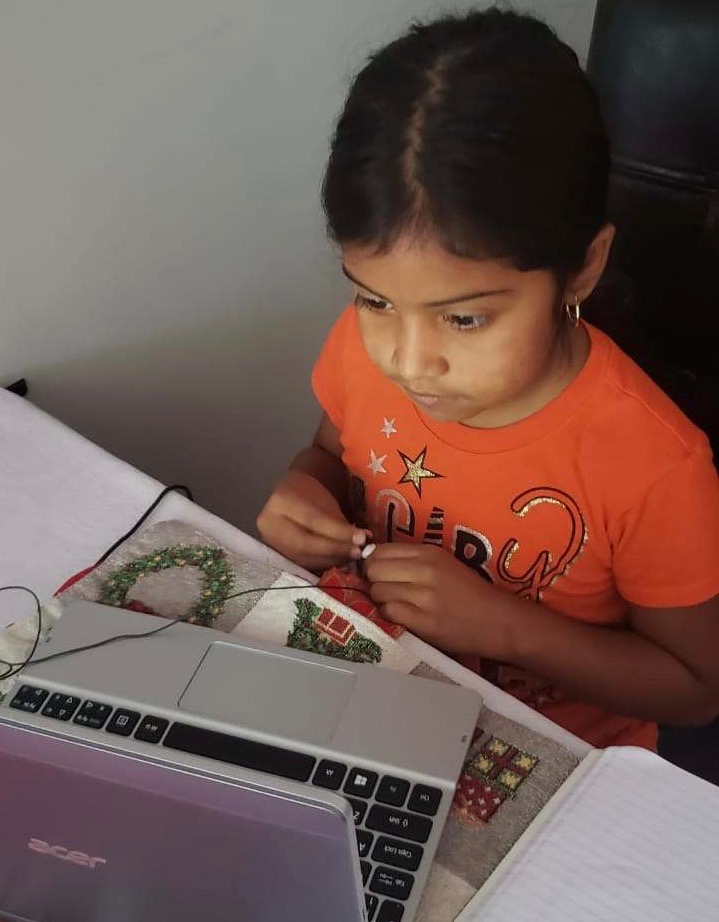The internet is an essential service. It’s how the world connects, communicates, works and learns. It’s time to stop treating it like a privilege because, in 2020, without internet you’re not a functional member of society. Watch this new video from the State of Black Education Oakland to get a sense of how dire this situation is for those who don’t have the internet these days.
There are 15 million students in the U.S. who don’t have reliable internet connections at home—that’s a quarter of the country’s student population. They’re stuck at home nevertheless due to the COVID-19 pandemic, unable to access their lessons, speak with their teachers via Zoom or other video chat software, or complete assignments.
These internet connection disparities are even worse for Black, Latinx and Native American students. According to a report released by the Alliance for Excellent Education, 31% of Black and Latinx students can’t get online at home and 34% of Native students have the same problem.
There are options on the table to fix these problems for kids. The Alliance’s report recommends that Congress approve $6.8 billion to update the federal E-Rate program, “which provides discounted internet services to schools and libraries,” if and when they pass the next round of pandemic stimulus.
Problem is, there are no guarantees that Congress will take that recommendation to heart. It would not solve every internet problem for every student. And it would not be an immediate fix for students who need to learn right away.
But the good news is that there’s something you can do. Right now, right here. Our Day of Action Demanding #InternetForAll was the launchpad for a new movement. It’s happening in cities around the country. Head over to our partner site, Voice to Action, for resources and shareable materials to demand better for our kids, our neighbors’ kids, and the nation’s kids.

